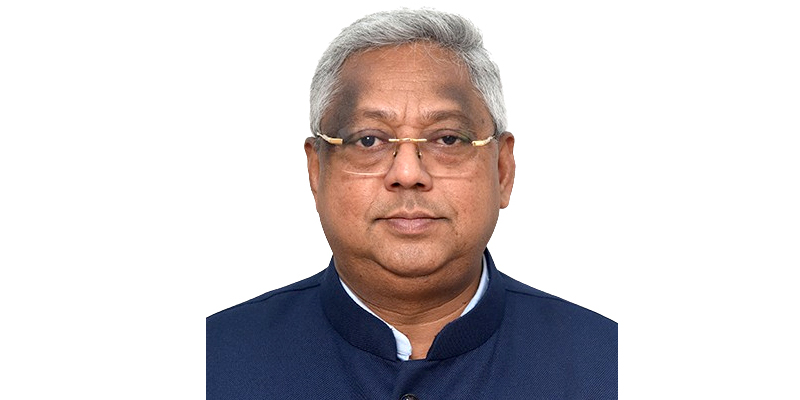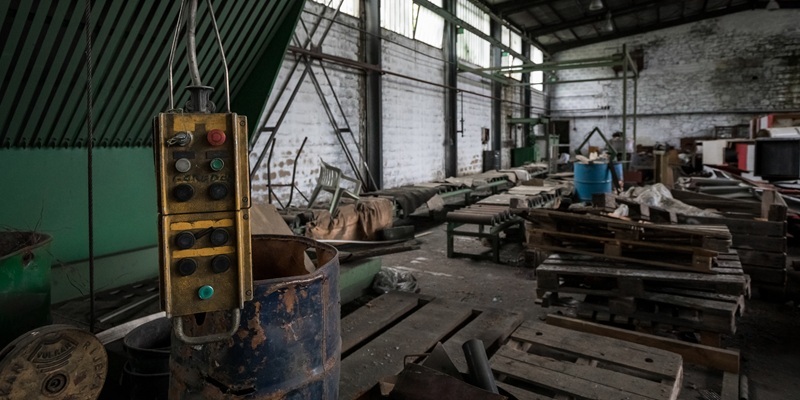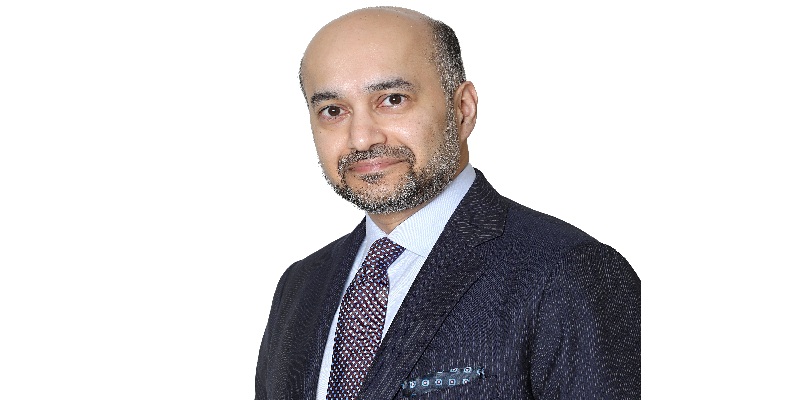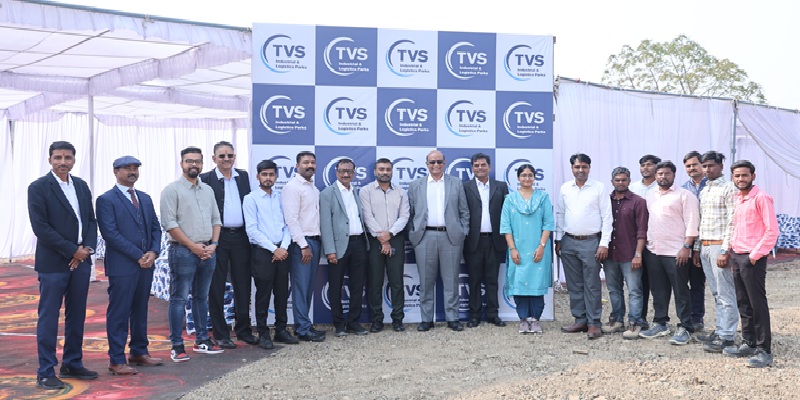Schedule a Call Back
CGTMSE aims to ensure collateral-free credit for MSEs: Manish Sinha
 Articles
Articles- May 27,25

- The lack of collateral, which prevents many enterprises from qualifying for loans from financial institutions.
- Limited credit history and inadequate financial documentation, which make it difficult for lenders to assess their creditworthiness.
- A high perceived risk by lenders, often leading to reluctance in extending credit to small businesses.
- Delays in payments and inefficient working capital cycles that strain liquidity.
- Low awareness among MSEs about available financial products and schemes tailored to their needs.
- Expand the base of enterprises eligible under various credit-linked schemes, including those supported by CGTMSE.
- Facilitate graduated and uninterrupted access to finance, thereby enabling enterprises to grow without the fear of losing MSME benefits as they scale up.
- Encourage formalisation, better record-keeping, and improved financial documentation, which in turn make enterprises more bankable and creditworthy.
- A rise in input costs due to increased tariffs on imported machinery, raw materials, and intermediate goods, which can directly affect profitability.
- A reduction in the competitiveness of Indian exports if other countries impose retaliatory tariffs, making Indian products costlier in global markets.
- Disruption in global supply chains, which could delay production cycles and strain delivery schedules.
- Increased uncertainty and volatility in demand in international markets, which may affect cash flows and financial planning for MSEs.
- Enhanced guarantee coverage for manufacturing MSEs, including special incentives for women-led enterprises and units certified under the ZED (Zero Defect Zero Effect) scheme. These provisions are aimed at promoting high-quality, sustainable manufacturing practices.
- Dedicated guarantee schemes to formalise informal micro enterprises, facilitated through platforms like the Udyam Assist Platform, which helps bring GST-exempt businesses into the formal economy.
- Collaborations with State Governments to design and implement sector-specific co-guarantee models, tailored to the needs of regional manufacturing clusters and niche industries.
- Ongoing efforts to explore capacity-building partnerships that focus on enhancing credit readiness, improving financial literacy, and strengthening regulatory compliance among manufacturing enterprises.
Related Stories

India’s Manufacturing Mission: What Make in India Got Right and Wrong
A decade after its launch, Make in India shows sectoral progress but structural gaps remain. As global manufacturing turns VUCA, the next phase must focus on value addition, jobs and ecosystems, say..
Read more
How Indian Manufacturing Is Learning to Scale While Thriving in a VUCA World
Global manufacturing is being reshaped by a VUCA world, where resilience, adaptability and reliability outweigh efficiency, creating challenges and strategic opportunities for India’s manufacturin..
Read more
Budget 2026–27 targets MSMEs with Rs 100 billion boost and TReDS push
Budget rolls out a Rs 100 billion MSME fund and TReDS reforms to improve equity, liquidity and compliance.
Read more















